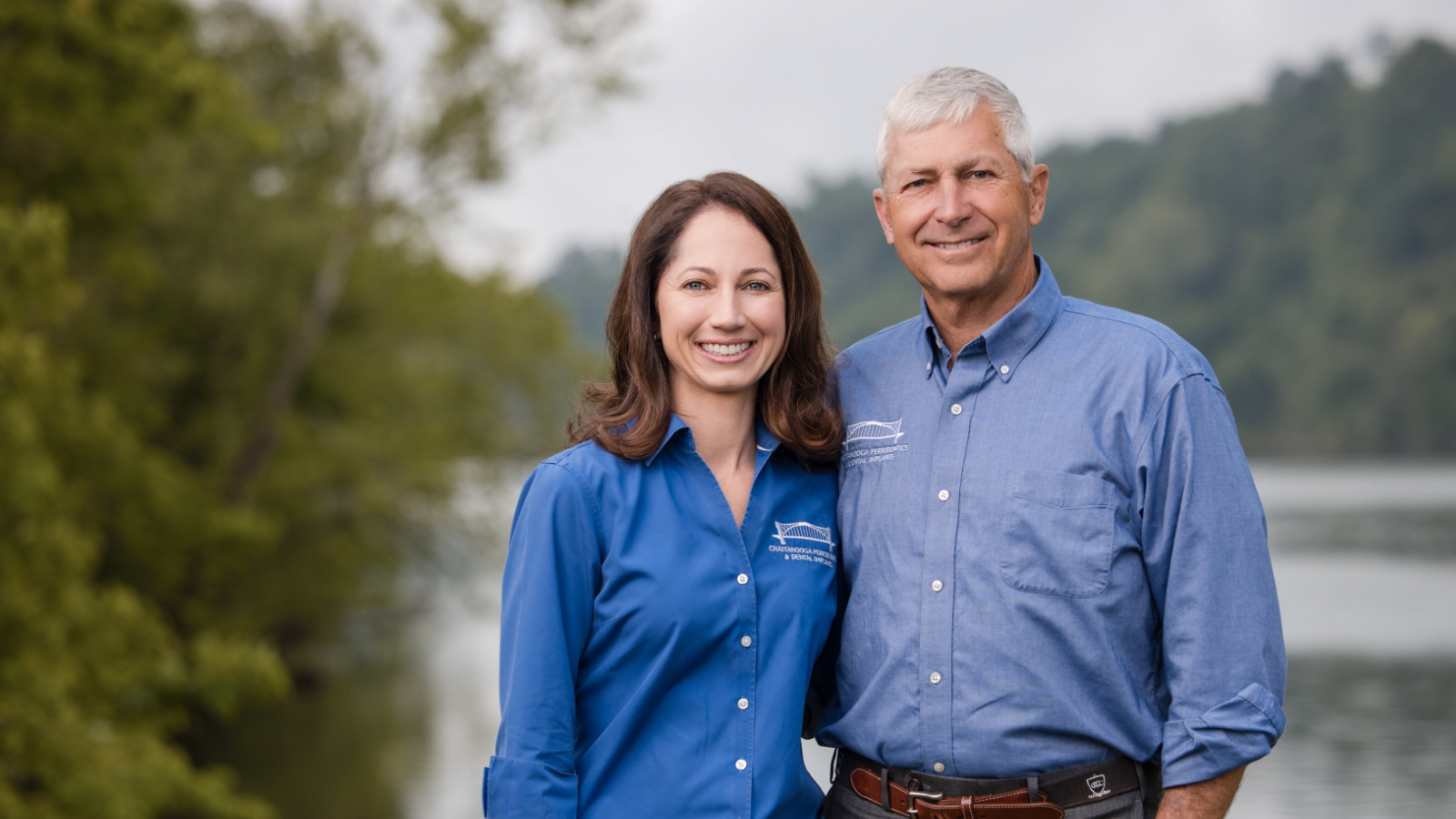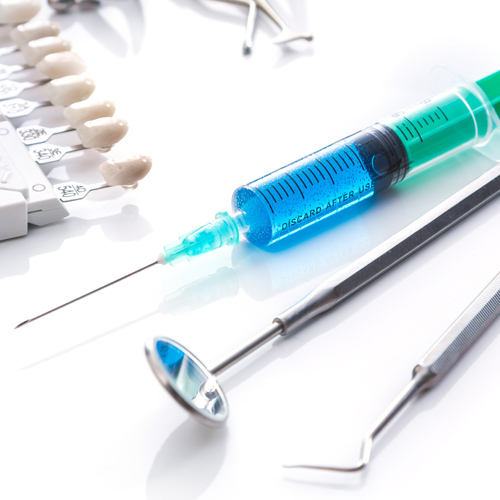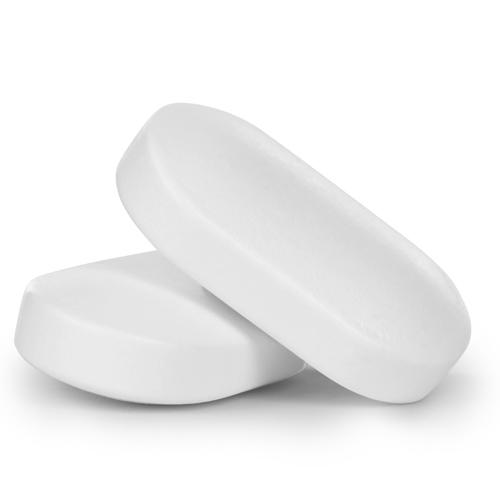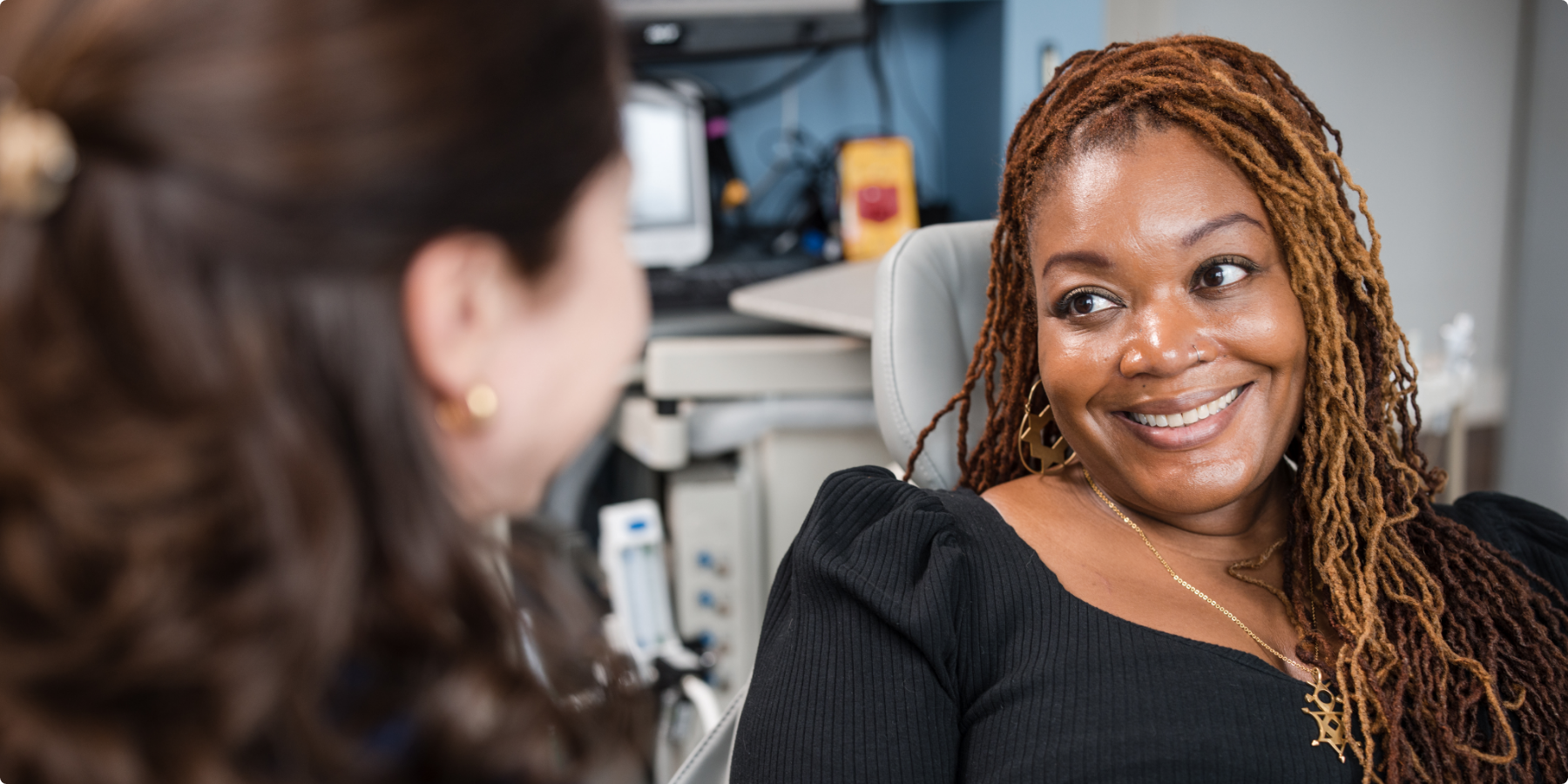
IV Sedation Can Improve Your Dental Experience
Are you one of the millions of people that avoid getting dental treatment due to fear, anxiety, or dental phobia? There are a number of solutions available to help at Chattanooga Periodontics & Dental Implants. When you come into our Chattanooga, TN office for your consultation, we’ll recommend one for you. We offer options that are available via a pill, inhalation, or IV sedation form. You can also choose the level of anesthesia that’s best for you.
Benefits of Sedation
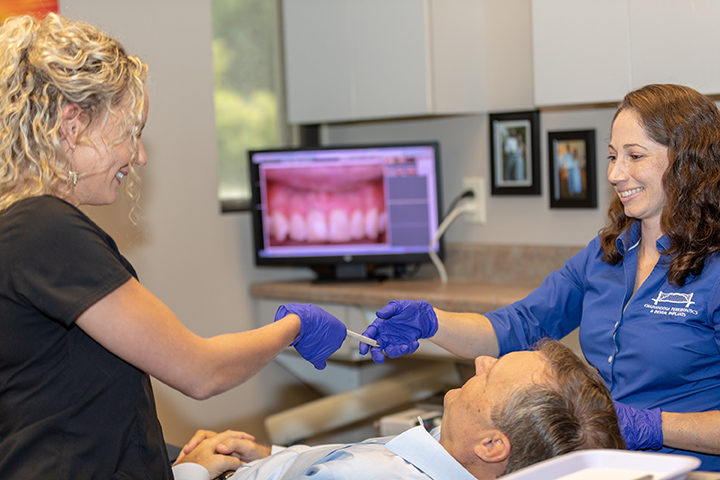
- Little to no memory
- Painless procedures
- Allows for complex treatment
- Recover from sedation quickly
- No fear or anxiety
- Quicker procedure
- Helps anesthesia set in
We Have Several Sedation Options Available
IV Sedation Dentistry and Your Overall Health
When deciding which form of sedation or anesthesia is best for you, we’ll discuss your treatment plan and any concerns you have.
In addition, please let us know about any health issues that you have, especially diabetes or asthma. Bring current medications with you to your consultation, so we can check to make sure they won’t cause any interactions. Your safety is our priority!
We eliminate fear through sedation dentistry.
IV sedation is one of the many ways Chattanooga Periodontics & Dental Implants makes oral health care more accessible in Chattanooga. Schedule your treatment today!
